
 dr Shadi Ghadban
dr Shadi Ghadban
Typology and Composition of the traditional Palestinian House
The Traditional Palestinian House dates before the eighteenth century when the basic unit type has been founded. Since that time this house has gone through different developments prompted be social, economical, cultural and environmental factors that occurred in the region.
The paper will analyze the different general typologies that has been created and used since the middle of the Nineteenth Century till Palestine was disunited in the year 1948. The presentation will include the methodology applied in selection of houses, the initial basic model, the evolutional model and will conclude with the final model that was widely distributed between 1914 and 1948.
Za povečavo kliknite na sliko
Click on picture to enlarge
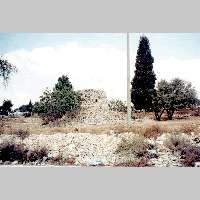 fig. 1 fig. 1
|
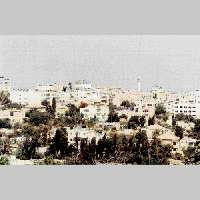 fig. 1 fig. 1
|
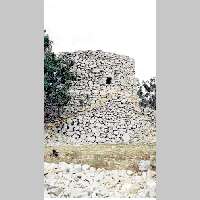 fig. 2 fig. 2
|
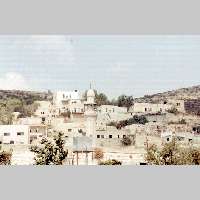 fig. 3 fig. 3
|
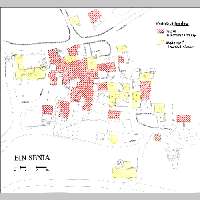 fig. 3 fig. 3
|
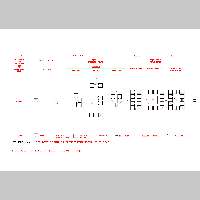 fig. 4 fig. 4
|
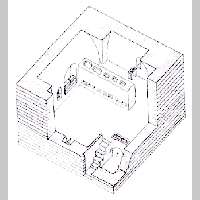 fig. 5 fig. 5
|
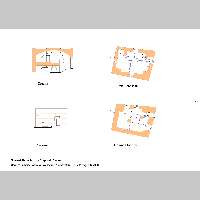 fig. 6 fig. 6
|
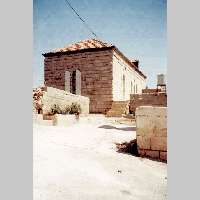 fig. 7 fig. 7
|
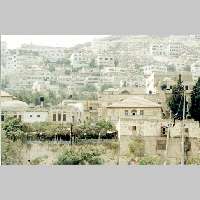 fig. 8 fig. 8
|
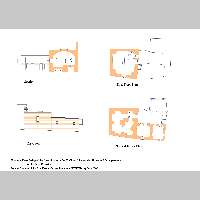 fig. 9 fig. 9
|
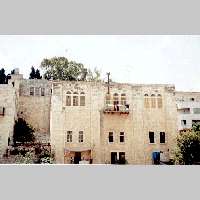 fig. 10 fig. 10
|
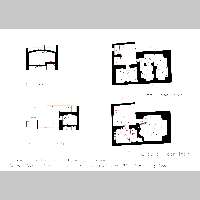 fig. 11 fig. 11
|
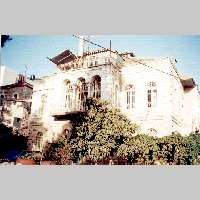 fig. 12 fig. 12
|
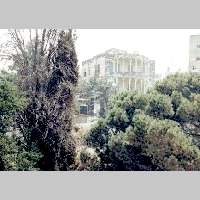 fig. 13 fig. 13
|
fig. 1
Palestinian Urban Landscape
fig. 2
Stone as a Main Building Material
fig. 3
Traditional Patterns of Spatial Organization
Source: Author, Birzeit University and Riwaq
fig. 4
The development of Palestinian house up to 1948
Source: Revault, Ph., Santelli S., author and others - 1997
fig. 5
Isometric View in the Traditional Shepherd's House (Initial Model)
Source: Summer School on Vernacular Architecture, BZU/ Riwaq, July 2000
fig. 6
Example of Shepard's House
Source: Summer School on Vernacular Architecture, BZU/ Riwaq, July 2000
fig. 7
Linear Pattern of Functional and Mass Treatment
fig. 8
New Quarters Breaking Away from the Traditional Fabric
fig. 9
Re-ordering in the Inner Spaces in the Traditional Palestinian House and the Disapperance of the three Domain
Source: Summer School on Vernacular Architecture, BZU/ Riwaq, July 2000
fig. 10
The New Spatial Organization of the Palestinian Traditional House
fig. 11
The traditional Village Court House
Source: Summer School on Vernacular Architecture, BZU/ Riwaq, July 2000
fig. 12
Isolated Dwelling Houses
fig. 13
Luxurious Dwelling Houses
















